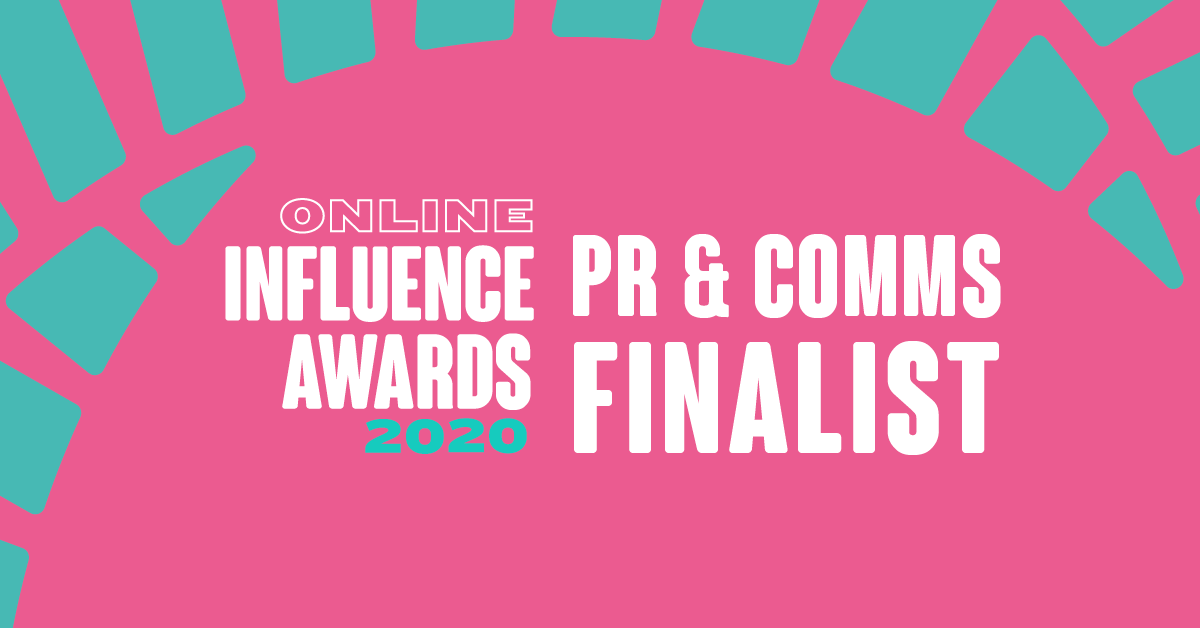There are only a handful of books that have gripped me so much that I read them within a couple of days. Few of those I have read so far made me so determined to continue to share my approach to crisis communication as Peter Apps’ book about the Grenfell fire.
It was just a few weeks after I had been faced with leading the police communication in the aftermath of the Manchester Arena terror attack when I saw the terrible images on television. I have followed what happened over the years including the media reporting of the public inquiry. But nothing prepared me for the real horror that is recounted in the book ‘Show me the bodies’.
For anyone working in crisis response and crisis communication it is an essential read and one that I will be recommending in training sessions. But I also feel it is a book that everyone should read to see the events that led to the deaths of 72 people. The book gives an insight from some of the survivors as well as those who lost loved ones. On more than one occasion I was as moved to tears.
On a professional level reading about misleading marketing talking about ‘charring’ rather than burning and the rush to get statements prepared rather than share vital details of occupants just hours after the fire made me angry. There is a distressing account of how families were left to sort themselves out after the most terrifying experience. And the heartbreaking words of a father who lost his five year old son.
The real horror is that the families still have not received justice. Just last week there were articles stating that the final report has been delayed and is u likely to be published until the summer. It will be more than seven years later.
I feel in Peter Apps’ book I have finally understood the details and why the families are continuing to fight for justice. Organisations and governments often talk about unprecedented and unthinkable events but they are not and as the book outlines there were many warnings and opportunities that were not taken.
‘Show me the bodies’ rightly won an award and should be mandatory reading for anyone working in public bodies and their suppliers. It has made me more determined to try and encourage a change where crisis communication is about people and not reputation.


